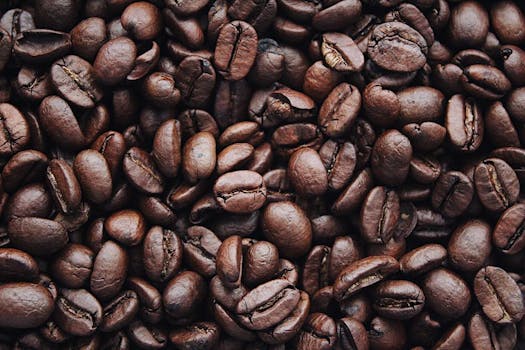It’s a sunny day, and you’re enjoying a refreshing slice of watermelon when your cat approaches, curiously sniffing at your snack. You might wonder: Can cats eat watermelon? As a concerned pet owner, you want to ensure that every treat you share is safe and healthy for your feline friend. Let’s explore this question with a veterinarian’s insight.
🩺 Vet Insight
Yes, cats can eat watermelon in small amounts, but it’s not a natural part of their diet. Cats are obligate carnivores, meaning their bodies are designed to get the majority of their nutrients from animal protein. While watermelon isn’t harmful in small quantities, it doesn’t provide the essential nutrients cats require for optimal health.
That said, the occasional bite of watermelon is generally safe and can even be a hydrating treat, especially during hot weather. Watermelon is made up of about 92% water, which can help keep your cat hydrated. However, there are some important precautions to keep in mind before offering it to your cat.
⚠️ Ingredients to Avoid
While the flesh of the watermelon is safe for cats, other parts of the fruit can pose risks. Here’s what to watch out for:
- Seeds: Watermelon seeds can be a choking hazard and may cause intestinal blockages, especially in smaller cats.
- Rind: The green outer rind is tough and difficult for cats to digest. It can lead to stomach upset or even cause gastrointestinal blockages.
- Added sugars: If the watermelon has been sweetened or flavored, it’s best to avoid sharing it with your cat. Artificial additives or sugars are not healthy for pets.
Always remove the seeds and rind before offering watermelon to your cat. Stick to plain, fresh watermelon to ensure their safety.
✅ Safer Alternatives
While watermelon can be a fun occasional treat, there are other healthier and more cat-friendly snacks to consider. These include:
- Cooked meats: Small, plain pieces of cooked chicken, turkey, or fish are excellent high-protein treats for cats.
- Cat-safe fruits: Tiny portions of peeled apple (without seeds), blueberries, or cantaloupe can also be given occasionally.
- Commercial cat treats: These are formulated to meet your cat’s nutritional needs and are often a safer choice.
Remember to introduce any new treat gradually and in moderation to avoid upsetting your cat’s stomach.
💡 Final Advice
While cats can eat watermelon in small, seedless portions, it should never replace their regular diet. Always prioritize a high-quality, balanced cat food that meets their nutritional requirements. Treats like watermelon should make up no more than 10% of your cat’s daily calorie intake.
If you’re introducing watermelon or any new food to your cat for the first time, keep an eye out for any signs of digestive upset, such as vomiting or diarrhea. If you notice any concerning symptoms, stop feeding the treat immediately and consult your veterinarian.
Ultimately, your cat’s health and well-being are the priority. If you’re ever unsure about whether a specific food is safe, it’s best to consult with a vet for personalized guidance.
FAQs
Q: Can cats eat watermelon seeds?
A: No, watermelon seeds can be a choking hazard and may cause intestinal blockages. Always remove the seeds before offering watermelon to your cat.
Q: How much watermelon can I give my cat?
A: Offer only a small piece of seedless watermelon as an occasional treat. It should be no more than 10% of your cat’s daily calorie intake.
Q: Is watermelon good for cats?
A: Watermelon is not harmful in small amounts and can help with hydration, but it doesn’t provide the essential nutrients cats need. It’s best treated as an occasional snack.
Book a $49 online vet consultation at https://www.dialavet.com for fast, expert advice.























